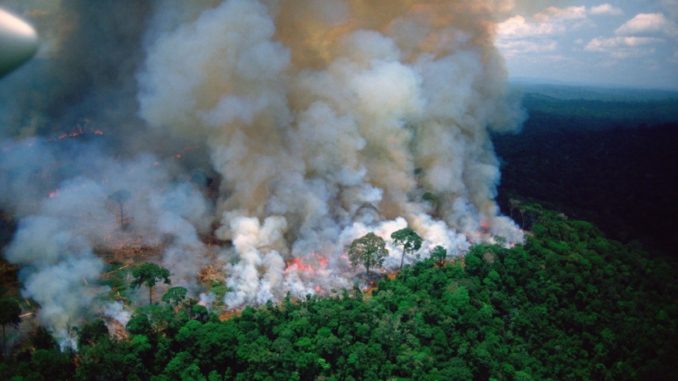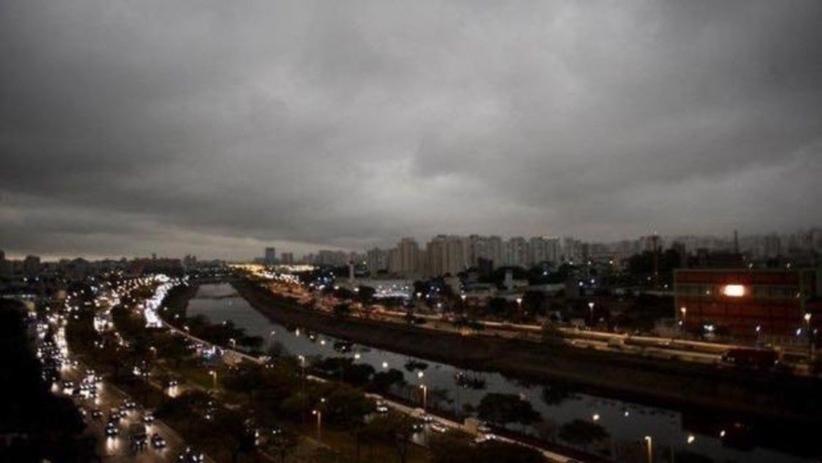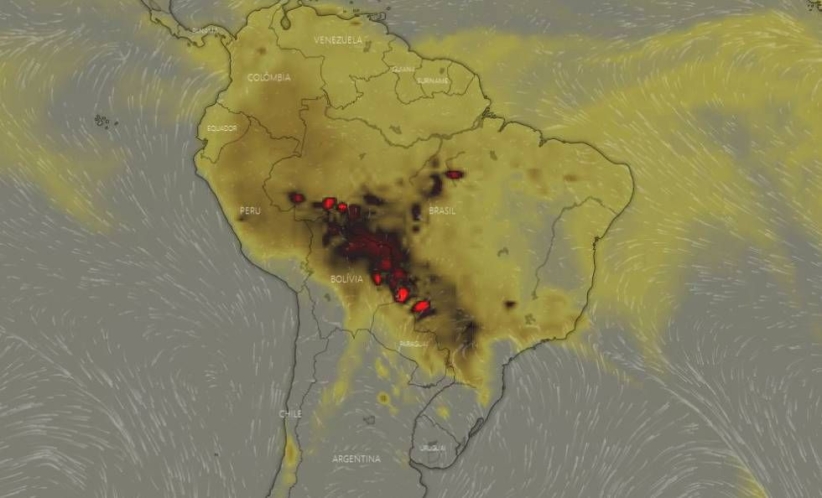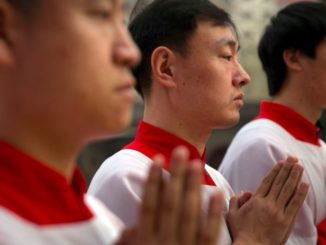
SAO PAULO – Brazil’s Amazon rainforest has seen a record number of fires this year, according to new data from the country’s space research agency. The National Institute for Space Research (Inpe) said its satellite data showed an 83% increase on the same period in 2018.
It comes weeks after President Jair Bolsonaro fired the head of the agency amid rows over its deforestation data. Smoke from the fires caused a blackout in the city of Sao Paulo on Monday.
The daytime blackout, which lasted for about an hour, came after strong winds brought in smoke from forest fires burning in the states of Amazonas and Rondonia, more than 2,700km away.

Conservationists have blamed Mr Bolsonaro, saying he has encouraged loggers and farmers to clear the land.
Inpe said it had detected more than 72,000 fires between January and August – the highest number since records began in 2013. It said it had observed more than 9,500 forest fires since Thursday, mostly in the Amazon region.
The satellite images showed Brazil’s most northern state, Roraima, covered in dark smoke, while neighboring Amazonas declared an emergency over the fires.
Wildfires often occur in the dry season in Brazil but they are also deliberately started in efforts to illegally deforest land for cattle ranching.
Mr Bolsonaro brushed off the latest data, saying it was the “season of the queimada”, when farmers use fire to clear land. “I used to be called Captain Chainsaw. Now I am Nero, setting the Amazon aflame,” he was quoted by Reuters news agency as saying.
Inpe, however, noted that the number of fires was not in line with those normally reported during the dry season.
“There is nothing abnormal about the climate this year or the rainfall in the Amazon region, which is just a little below average,” Inpe researcher Alberto Setzer said. “The dry season creates the favorable conditions for the use and spread of fire, but starting a fire is the work of humans, either deliberately or by accident.”

Ricardo Mello, head of the World Wide Fund for Nature (WWF) Amazon Program, said the fires were “a consequence of the increase in deforestation seen in recent figures.”
As the largest tropical rainforest in the world, the Amazon is a vital carbon store that slows down the pace of global warming.



